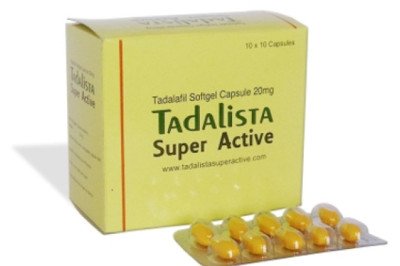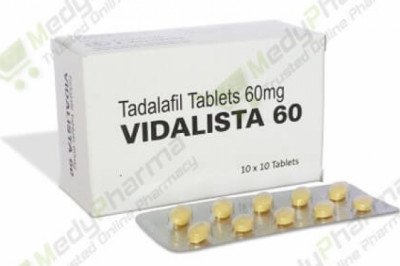views
IgA is the second most abundant Immunoglobulin in the body, found primarily in mucosal secretions such as tears, saliva, and breast milk. It plays a critical role in protecting the body's mucous membranes, which are the first line of defense against pathogens. IgA prevents the attachment of bacteria and viruses to the mucosal surface and enhances phagocytosis by white blood cells.
IgM is the largest Immunoglobulin and is the first antibody produced during an immune response. It is found mainly in the blood and lymphatic fluid and is effective in neutralizing pathogens in their early stages. IgM is also involved in agglutination, the process by which antibodies bind to and clump together multiple pathogens, making them easier to remove by phagocytosis.
IgD is the least understood immunoglobulin, and its function is still being researched. It is found mainly on the surface of mature B cells, where it may play a role in the activation of these cells.
IgE is the least abundant Immunoglobulin in the body but plays a crucial role in allergic reactions. When an allergen enters the body, IgE antibodies bind to mast cells and basophils, triggering the release of histamine and other chemicals that cause inflammation and other allergic symptoms.











